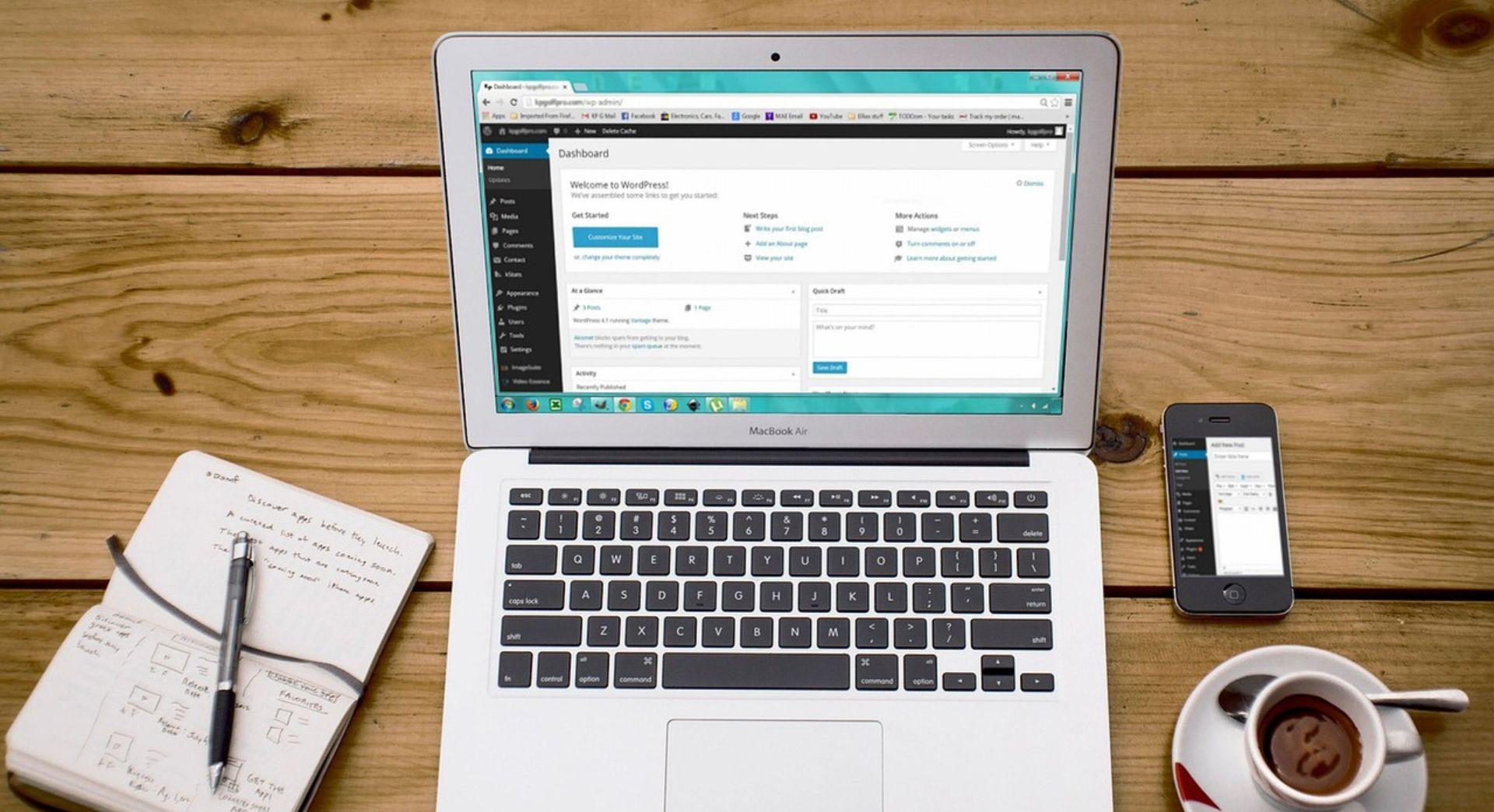Social media platforms are a great way to spread the word about your business, but not every platform is suitable for every kind of business.
In this guide, we'll explore the most popular social media platforms and explain which is the best match for your business.
Let's get started.
Google My Business
Google Plus may be dead, but Google's business-focused social network still lives on.
It's suitable for all kinds of businesses, but it's especially useful for business that serve a specific local area either via a physical premises that people can visit (such as a café), or without a premises that people can visit (such as a plumber).
Why is it so useful to these kinds of business?
Because Google My Business allows you to be included in Google's local search results, as shown in the example below.
Other benefits of Google My Business include displaying your opening times, photos of your business and the ability to gather customer reviews.
You can learn more about setting up Google My Business in this guide.
GoDaddy Website Builder customers on a Business Plus plan or higher can set up their Google My Business page via their Website Builder dashboard, making things quicker and easier.
Facebook is still the leading social network out there and the chances are plenty of your customers will be using it.
That in itself is a decent argument for setting up a Facebook page for your business.
Another good reason is Facebook's ad platform, which many small businesses find is an excellent way to drive sales because of its powerful targeting options.
You can learn about getting started with Facebook ads in this guide.
Then there's the fact that having a Facebook page for your business allows you to collect reviews, and gives you another way to gather feedback from, and communicate with your customers.
It's a great all-rounder and its reach alone means you should strongly consider using it.
Instagram may be owned by Facebook, but it still has its own social media niche - namely images.
That means Instagram is great for businesses that have strongly visual brands. Think fashion brands, or restaurants. (It's a cliché, but pictures of food still do well on Instagram.)
Unless you can think of a clever angle, Instagram probably won't work for businesses without a strong visual element (accountancy, or copywriting, for example.)
Instagram also has an ad platform which allows you to reach a new audience for your business.
It's a platform that's especially popular with younger, fashion-conscious people, so if that's your target audience, that's where you should be targeting them.
This guide explains how to use Instagram for business.
If you've got a visual brand, then Pinterest is likely to be the other social media network you end up focusing on, along with Instagram.
Although Pinterest will appeal to the same kinds of businesses as Instagram, the way the social network is set up differs slightly.
In fact, because "Pins" on Pinterest link directly back to a web page, you can use the site to promote products directly. It's great for things like clothing and jewellery.
There's also an ad platform you can use to get in front of a new audience. It's also reported that Pinterest attracts more women than the average social media site, so if your products particularly appeal to women, you may be able to reach them on Pinterest.
This guide explains how to promote your business with Pinterest.
Twitter has a habit of hitting the headlines for the wrong reasons, but it's still an active community and many businesses use it to successfully promote themselves online.
Like Facebook, it's something of an all-rounder, so as long as you can think of creative ways to use it to promote your business, you'll find a home there.
Another reason to consider using Twitter is that it may be people are talking about your business on their already. So by setting up a profile, you can ensure that you can deal with any issues that people may be discussing.
As you might expect, Twitter has an ad platform, although the targeting isn't quite as powerful as Facebook's.
You can find out how to promote your business through Twitter here.
LinkedIn may not be the first site that comes to mind when you think of social networks, but it can play a useful role for some kinds of business.
Clearly, any business where you're selling a product or service to a customer isn't a good match for LinkedIn.
But if you're focusing on business to business products or services, then LinkedIn can be a great platform to spread your work.
You'll need to set up a business page (rather than a personal page), and you'll also need to make sure you connect with people in the right way.
This means publishing interesting content and making good use of the LinkedIn ad platform, and not spamming the inboxes of everyone you think might be interested in what you do.
You can learn more about using LinkedIn to promote your business in this guide.
Summing up
It's important to focus on the social media site(s) that you think will work best for your business.
Even if you want to use all the sites we've looked at above, don't spread yourself too thinly at first.
Decide which one or two social networks you think will work best for your business, then focus on building up your presence there.
If you try to launch on all social networks at once, the chances are you'll do a bad job on all of them.
Bonus: If you want to design images to use on your social media accounts, check out this guide to InDesign alternatives for your business.






